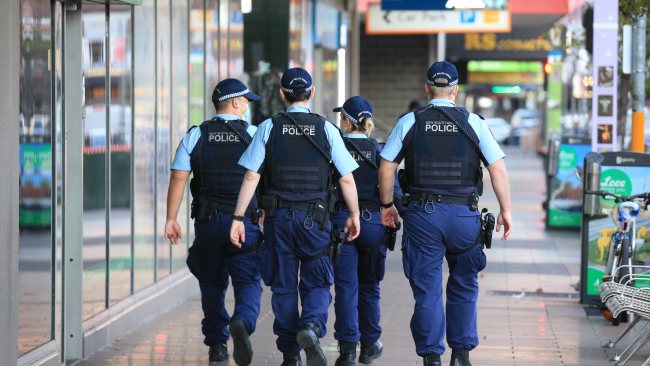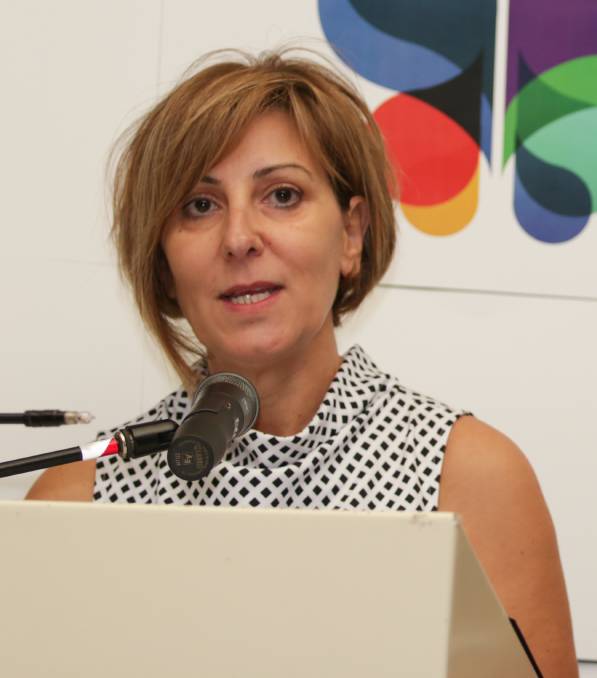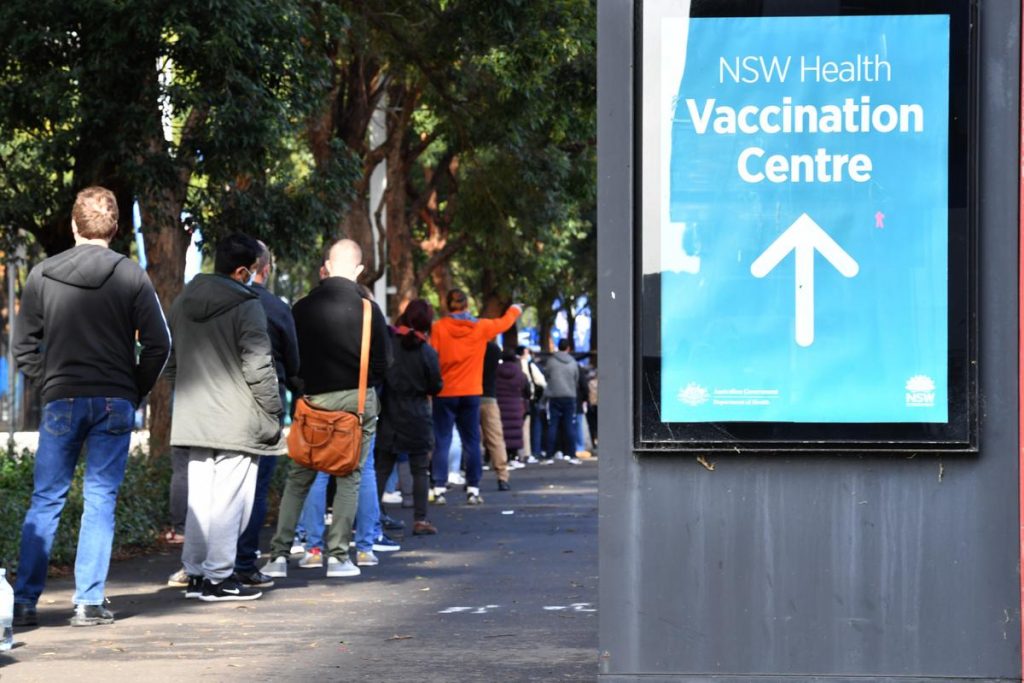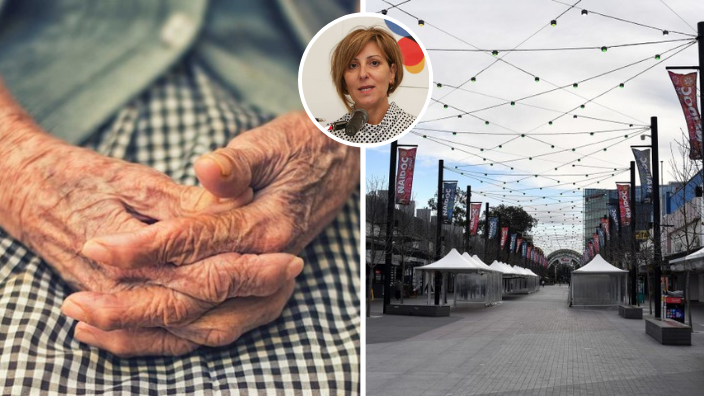By Andriana Simos and Argyro Vourdoumpa.
72-year-old Pauline has been a resident of the Liverpool Local Government Area (LGA) for many years and was shocked when NSW Premier, Gladys Berejiklian, first announced her region would be subject to tougher stay-at-home orders during the current state lockdown.
She wasn’t alone. People from the seven other LGA’s of Canterbury-Bankstown, Fairfield, Cumberland, Blacktown, Parramatta, Campbelltown and Georges River have also joined a growing list of areas subjected to tougher restrictions of mandatory masks and a 5km travel limit, as well as an Authorised Workers Order. This means non-essential workers are prohibited from leaving their local area.
Add to this the other hundreds of thousands of residents across Greater Sydney, but outside the eight LGA’s, who are also still only able to leave their homes for essential shopping, medical care, exercise, or essential work and education, and it’s no surprise that morale is low and frustration with the lockdown is growing.
READ MORE: Hurlstone Park cafe owner, Simon Lakis, on what it’s like in Sydney’s pandemic hotspot.

“I don’t go out that much and for me it was more about staying at home, keeping safe and keeping my daughter safe,” Pauline, who lives with her daughter, tells The Greek Herald exclusively.
“I am lucky because my daughter does everything. She does the shopping and I mean we’ve cut down on a lot of things. We only go and get the essentials. I say to her, ‘go in and get out and come home’ and that’s it.
“We haven’t seen any family members at all either. We just ring everybody up. I’ll get phone calls from sister-in-laws, from brother-in-laws, my granddaughter and grandson and he writes, ‘I miss you yiayia, I miss you’.”
Separation from family and friends:
This form of separation from family and friends is not uncommon during the recent lockdown in NSW.
In fact, according to Elfa Moraitakis, who is the CEO of SydWest, a leading multicultural organisation servicing Greater Western Sydney, feelings of isolation amongst communities are growing.
“The City’s steadily growing population of older people finds a lot of seniors – especially the ones with no families – totally isolated,” Ms Moraitakis, who is also a Director of Settlement Services International and of the NSW Council of Social Services (NCOSS), tells The Greek Herald.
“At SydWest we run 15 language specific seniors social support groups. Why do we assume that they are all digitally connected and with families? They are suffering.”

READ MORE: NSW Health Minister asks how to communicate COVID messages with multicultural communities.
Ms Moraitakis stresses there has also been a rise in instances of domestic violence, and more people are experiencing financial distress.
“A large number of individuals cannot access disaster payments because they are receiving some form of Centerlink benefit to supplement their low income,” she says.
“There are frontline workers that need to come in and out of the LGAs in lockdown to look after seniors and people with disabilities, people with severe mental health problems, homeless or at risk of becoming homeless, and they are not entitled to assistance.
“This is the reason why recently we joined ACOSS in urging the government to lift the bar in accessing these payments.”
‘It was a little community effort’:
And what about her thoughts on the recent COVID-19 vaccination messaging by the NSW and Federal Governments?
Ms Moraitakis says a recent survey undertaken by SydWest and NCOSS showed how multicultural communities find public health information “confusing” and they don’t go to government websites for their information. Rather, people are turning to their trusted community leaders for accuracy of information and sharing of knowledge.
“These community leaders are our priests, the leaders of our ethno-specific organisations, GPs and high-profile members of the communities,” she explains.
READ MORE: Reverend Father George Liangas from Burwood features in NSW Health’s COVID campaign.

“Government and government bodies can utilise organisations such as ours to filter through the messages to community. Our connections on the ground are very strong and our relationships trusted.”
In Pauline’s case, she’s about to book in for her AstraZeneca vaccine at her local GP and she says she heard all about the government’s vaccination program through “word of mouth.”
“Neighbours were ringing me and telling me where I could get it done. It was mostly by word of mouth. All the neighbours go to the same doctor here… so it was a little community effort,” Pauline says.
“My doctor… gives out the AstraZeneca so it’s just a matter of ringing and making a booking, but I’m all for it. I have to get vaccinated.”
READ MORE: Dr James Giallussi helps convey COVID-19 messages to Sydney’s Greek community.
If you have symptoms or questions about COVID-19, call the National Coronavirus Health Information Line on 1800 020 080. If you require translating or interpreting services, call 131 450.
You can also check for your vaccine eligibility here.

